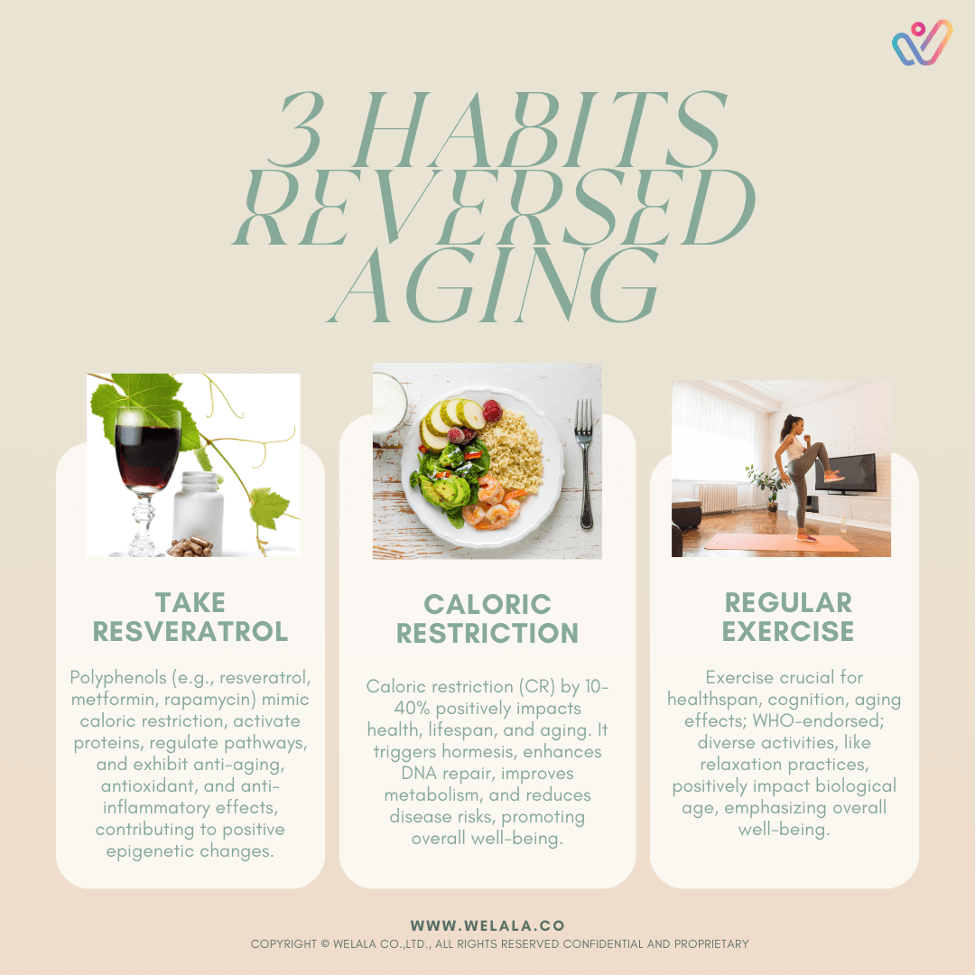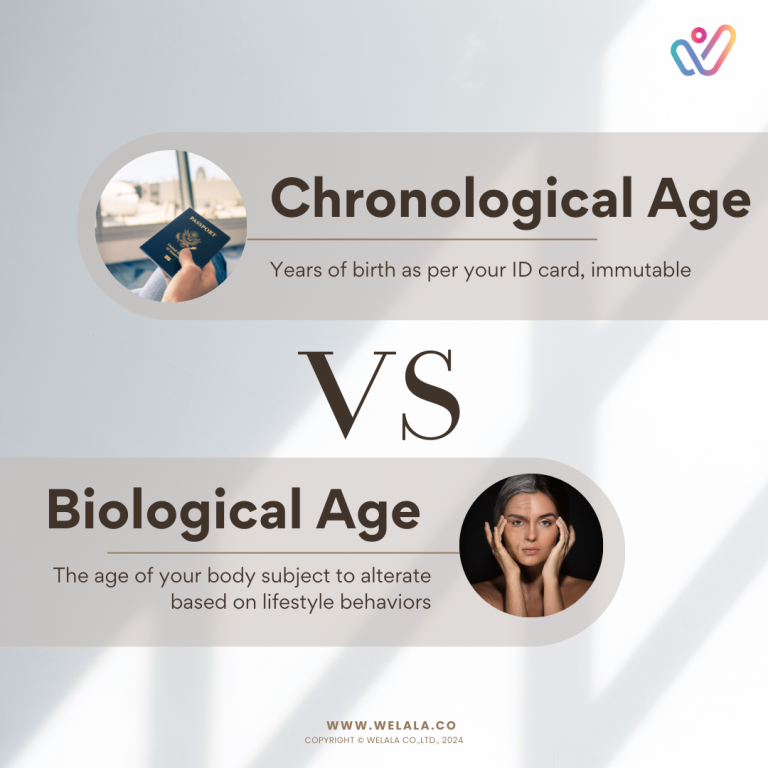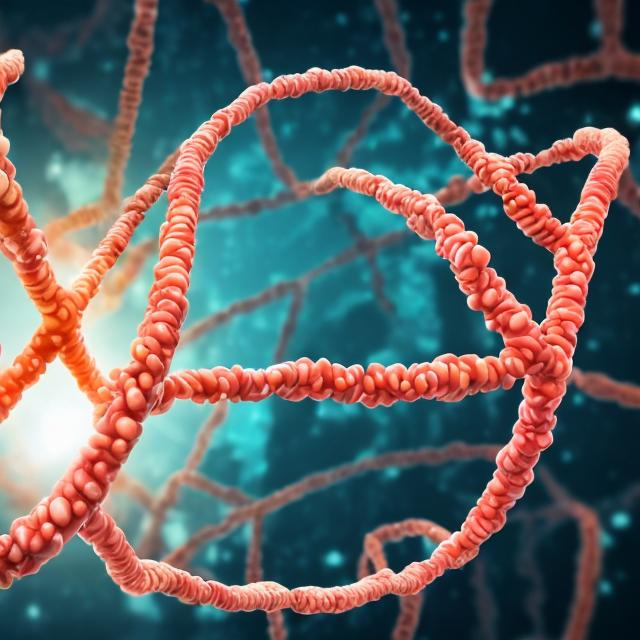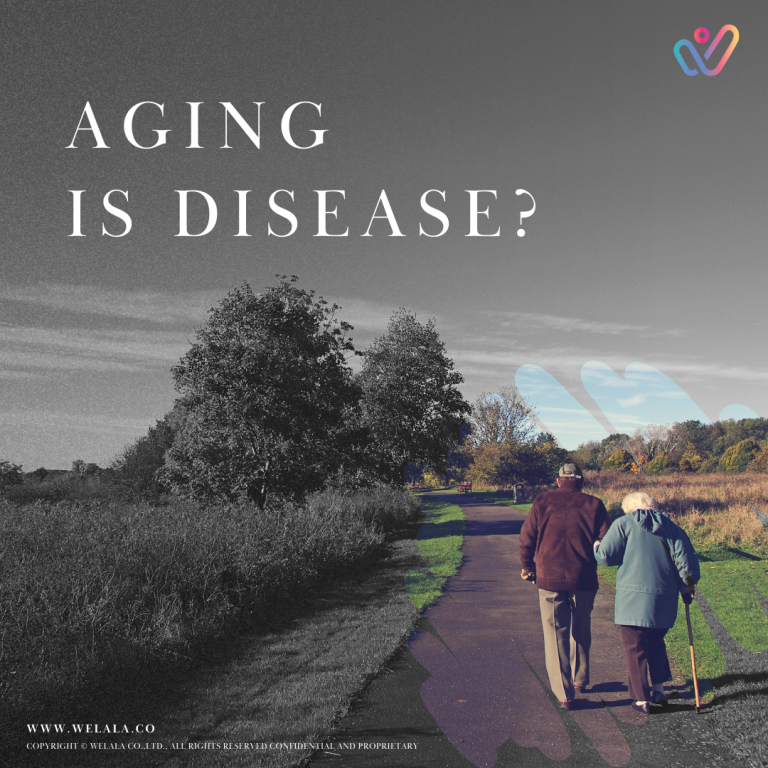Three Science-Backed Habits to Reverse Biological Age
Understanding Biological Age
Scientists now look beyond counting birthdays to measure aging. David Sinclair explains it best: “Biological age shows your true health status better than birthday candles. Your lifestyle choices matter more than your calendar age.” Let’s explore three proven habits that can make you biologically younger.
1. Resveratrol: A Natural Age-Reversal Tool
Resveratrol works like caloric restriction to slow aging. This powerful compound:
- Activates longevity proteins called Sirtuins
- Regulates vital AMPK pathways
- Fights inflammation throughout the body
- Changes aging markers in DNA
- Promotes cell cleanup through autophagy
Other compounds like metformin and rapamycin show similar benefits. These natural tools help create positive changes in your genes’ aging patterns.
2. Eat Less, Live More
Cutting calories by 10-40% while maintaining good nutrition brings remarkable benefits. Here’s how it works:
In Your Body:
- Improves DNA repair
- Protects brain health
- Balances blood sugar
- Reduces disease risks
- Slows genetic aging
Real-World Results:
- Okinawans eat less and live longer
- The CALERIE 2 study showed better life quality
- Participants enjoyed improved sleep
- Sexual function increased
- Overall health markers improved
3. Move Your Body, Change Your Age
Regular exercise offers powerful anti-aging benefits:
- Reduces physical weakness
- Enhances brain function
- Protects nerve cells
- Fights inflammation
- Strengthens immune system
Latest Research Shows:
- Exercise changes DNA aging patterns
- Different activities bring varied benefits
- Relaxation exercises like yoga reduce aging speed
- Any movement helps – even small amounts count
The WHO confirms: “Starting any exercise beats doing nothing.” Mix up your activities to get the best results.
Take Action Today
These three habits work together to reduce your biological age. Start small:
Add daily movement
Monitor your progress with biological age testing to see real results.
Try resveratrol supplements
Reduce portions slightly
References:
Smith, A., & Minton, N. (2019). Resveratrol: A review of the anti-aging properties and mechanisms of action. Frontiers in Aging Neuroscience, 11, 294.
Rajado, Ana Teresa et al. “How can we modulate aging through nutrition and physical exercise? An epigenetic approach.” Aging vol. 15,8 (2023): 3191-3217. doi:10.18632/aging.204668 https://fortune.com/well/2023/07/06/harvard-genetics-professor-3-habits-reverse-biological-age-david-sinclair/




